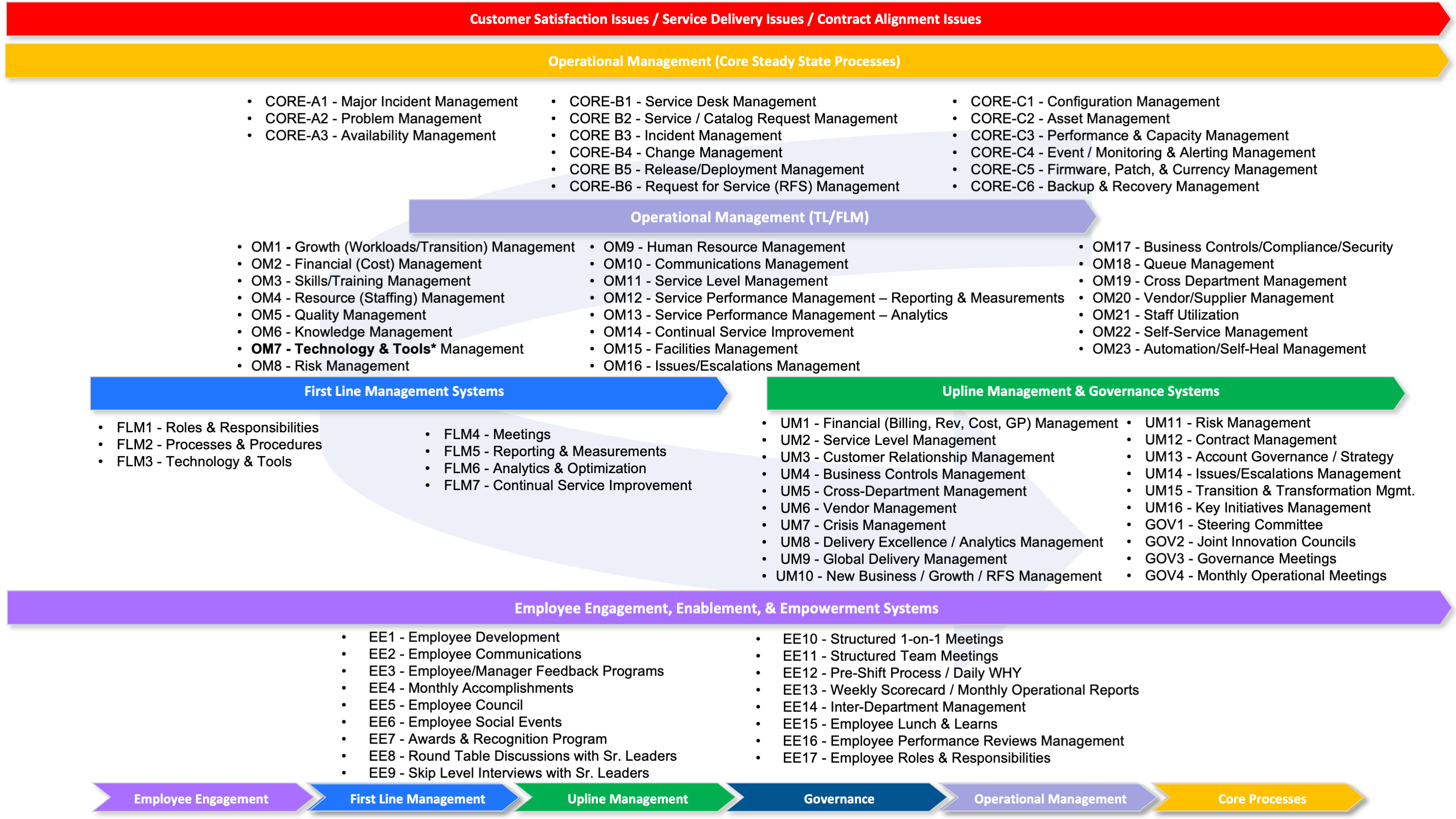Contact Center Rescue Series: The Importance Of Triaging Skills In The Contact Center
Triage skills are valuable in customer service, but not everyone has them.
The ability to manage multiple tasks at once, assess situations quickly and accurately, and provide efficient solutions is a rare combination of skills that is essential for success in customer service roles. Without these skills, it can be difficult to provide the level of service that customers expect and deserve.
With the right training and practice, anyone can develop their own triaging skills. By subscribing to our blog, you can access helpful tips and tricks for improving your customer service skills and becoming more effective in your role.
If you manage a contact center, you know that managing inbound call volume is one of the most important aspects of the job. In order to properly staff your team and keep call wait times down, you need to have excellent triaging skills. But what exactly are triaging skills and why are they so important? Read on to find out.
In this blog, we will discuss the following:
1. Define what triaging skills are and why they're important in the contact center
2. Describe the steps of the triage process
3. Offer tips on how to hone your own triaging skills
4. Share examples of when triaging skills have come in handy in the contact center
5. Encourage readers to practice their own triaging skills so they're prepared for anything
Define what triaging skills are and why they're important in the contact center
Triaging skills are essential for contact center agents due to the fast paced, dynamic environment that they work in. Triaging skills allow contact center agents to quickly assess their customer's issue, identify any potential risks, and resolve issues efficiently. Having strong triage abilities allows them to prioritize customers based on urgency of their needs and make sure those with critical needs are handled appropriately. In addition to sorting through customer inquiries directly, the effectiveness of the agent’s triage skills can influence the overall customer experience. Ultimately, having effective triaging skills is an invaluable asset for any contact center agent as it reinforces their capacity to provide high-quality customer service.
Describe the steps of the triage process in the contact center
The triage process in a contact center is an important part of every customer reachout. It begins with the reception of an incoming call, or email, and involves assessing the caller or sender on a number of factors to evaluate their needs. Depending on the severity and urgency, the customer request is categorized into one of several priority levels so that it can be forwarded to the most appropriate team for response. This step helps customers receive faster service and ensure that more critical issues are handled first. In addition, the contact center environment benefits from information obtained during triage as it provides insights into trends in customer requests which can inform further initiatives.
Offer tips on how to hone your own triaging skills
Developing your own triaging skills can be a valuable asset in any workplace. A few key steps to refining these skills are: practice active listening, remain calm and organized, prioritize tasks according to what is most urgently needed, and take clear notes of incoming instructions. Being able to effectively interpret instructions, sort through information quickly, manage stress efficiently, and delegate duties will help build your confidence while expediting the processes you are assigned. Additionally, it can be beneficial to find mentors or colleagues to review your work with so that you can become better equipped at understanding how to process information promptly and accurately. Ultimately, honing one's triaging skills will enable you handle whatever comes your way with ease and precision.
Share examples of when triaging skills have come in handy in the contact center
In the contact center, triaging skills are essential for providing a satisfactory customer experience. Triage typically involves categorizing incoming customer requests in order to prioritize those that need immediate attention versus those that can wait for a later resolution. Examples of when triaging has come in handy include incidents in which customer service agents need to decide whether or not an issue requires escalation to specialized personnel, or when complex technical inquiries have been received and quick decision- making is necessary. Furthermore, triage also enables agents to differentiate between urgent customer issues, such as a billing dispute, and factors that don't necessarily need to be addressed that day. Ultimately, by utilizing triage capabilities, our contact center is better equipped to handle customer needs.
Encourage readers to practice their own triaging skills so they're prepared for anything
Everyone should be prepared for any situation, and the best way to do this is by honing our triaging skills. Knowing how to prioritize tasks in a chaotic environment can help us stay organized, productive, and sane during difficult times. From managing your workload during a busy work day, to examining an accident scene in order to save lives, the ability to assess situations quickly is a valuable asset that cannot be underestimated. We urge readers to practice their own triaging skills so they are ready for anything - no matter how difficult or unexpected it may be.
Triage skills are undoubtedly valuable in any customer service role. The ability to manage multiple tasks simultaneously, assess each situation quickly and accurately, and provide efficient solutions is a rare combination of skills that not everyone possesses. However, with the right training and some practice, honing your own triaging skills is definitely achievable. If you're interested in learning more about developing your own customer service skills, be sure to subscribe to our blog. We'll be sharing more helpful tips and tricks soon!
Exercise: What elements of the Operational Management Framework do you think have an impact on Triaging Skills?

Subscribe To My Blog To Learn More: https://www.imadlodhi.com/subscribe



